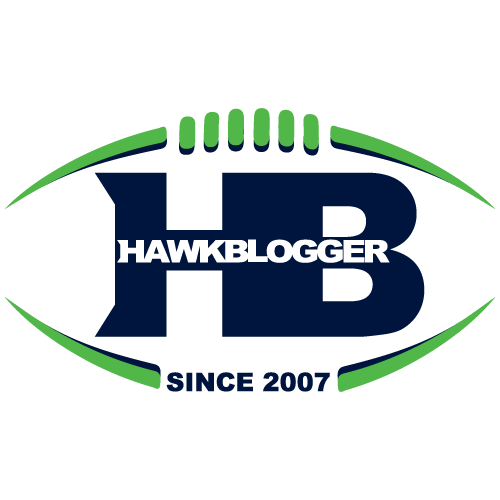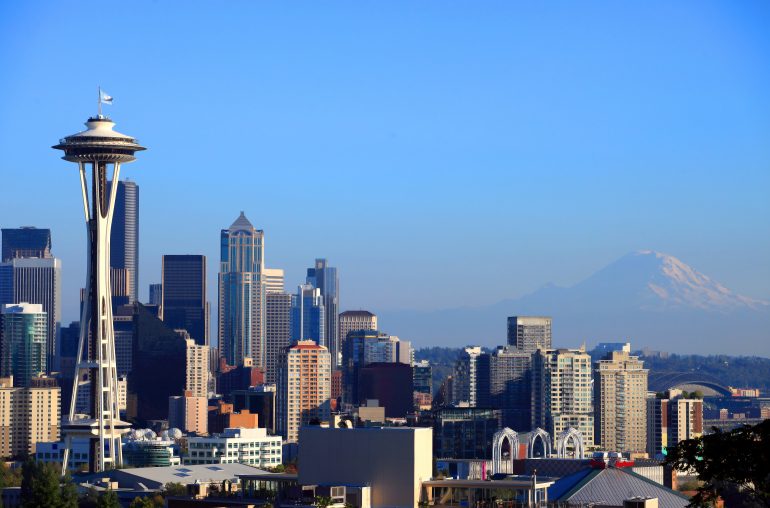

Every NFL fan spends at least some portion of their Sundays screaming at the refs to throw a flag on the opposing team. Seahawks fans may have more reason to scream than most. Seattle has a good chance to finish dead last in opponent penalties for the second straight year. Many of you have asked if I have a theory about why Seattle appears to get fewer calls than other teams. I have a few.
1. Run first offense limits pass interference and defensive holding calls
The Seahawks will finish the 2015 season with more pass attempts than rush attempts for the first time in the past three years. Yet, they will still rank 29th or lower in percentage of plays that are passes. Defensive pass interference and defensive holding are the third and fourth most called penalties in football this year, making up 13% of all flags, per NFLPenalties.com.
Teams that do not pass the ball a lot are obviously going to have a hard time getting a ton of those calls. The top five teams in passing yards in the NFL (New Orleans, New England, Arizona, San Diego, Pittsburgh) all rank highly in either opponent DPI or defensive holding, or both.
Seattle opponents have the second-fewest DPI and defensive holding calls in the NFL with a total of just four such flags all season.
If you take the top five passing yardage teams, their average opponent penalty rank is 9th, compared to 18th for the bottom five passing yardage teams. Said another way, there appears to be some built-in benefit to drawing opponent flags if you are a pass-first team.
2. Quick passes limit chances for offensive holding
Offensive holding calls make up an astounding 20.2% of all calls in the NFL, easily the most called penalty, per NFLPenalties.com. Seattle opponents have the fifth-fewest (16) holding calls this season. Shockingly, other premiere defenses share the Seahawks misery in this stat.
The top-ranked Broncos defense has even fewer opponent holding penalties (12), second-fewest in the league. Carolina joins Seattle and Denver with just 15 opponent holding penalties, fourth-fewest.
On the flip side, horrible defenses like Tennessee and New Orleans lead the league (29 opponent holding flags each). One thought here is that teams are putting together quicker passing game plans against teams like Seattle and Denver to defuse the pass rush.
Seattle has built their defense to take away the deep pass. Denver ranks second in 20+ yard pass plays surrendered all year. Tampa Bay, the defense that has had the third-fewest opponent holding calls, ranks third in the NFL in 20+ yard pass plays.
Defenses built to take away the deep pass will encourage teams to check to shorter throws. Those throws take less time, and require the lineman to block for shorter bursts. This also gives the officials less time to see a hold taking place.
3. Reputation
This one likely bothers Seahawks fans and opposing fans the most. Refs are human, though, and that has to play some role in how games are called. Richard Sherman used to get called for holding and pass interference far more during his rookie year until he got all the acclaim, and then the penalties started to disappear.
Doug Baldwin and the Seahawks receivers are bereft of Pro Bowlers. They have not had any positive attention during the Seattle run the past few years. That could be changing with the recent streak of gaudy passing numbers. Tyler Lockett and Baldwin may start to see more flags in their favor as refs give them the benefit of the doubt that might not have been there before.
Similarly, the Seahawks pass rush has been ferocious for years, but Michael Bennett and Cliff Avril have not been Pro Bowl players. The vaunted 2013 squad had exactly zero Pro Bowl players on the defensive line. Neither did the 2014 group. That changed this year for Bennett.
The secondary has received most of the attention for the Seahawks, even if the Seahawks defensive line has been special. That could be impacting the refs calling holding against opposing offensive lines. There have been countless blatant holding calls this year, especially against Avril, that have gone unflagged. It is hard to say whether there is reason to hope this will change anytime soon.

